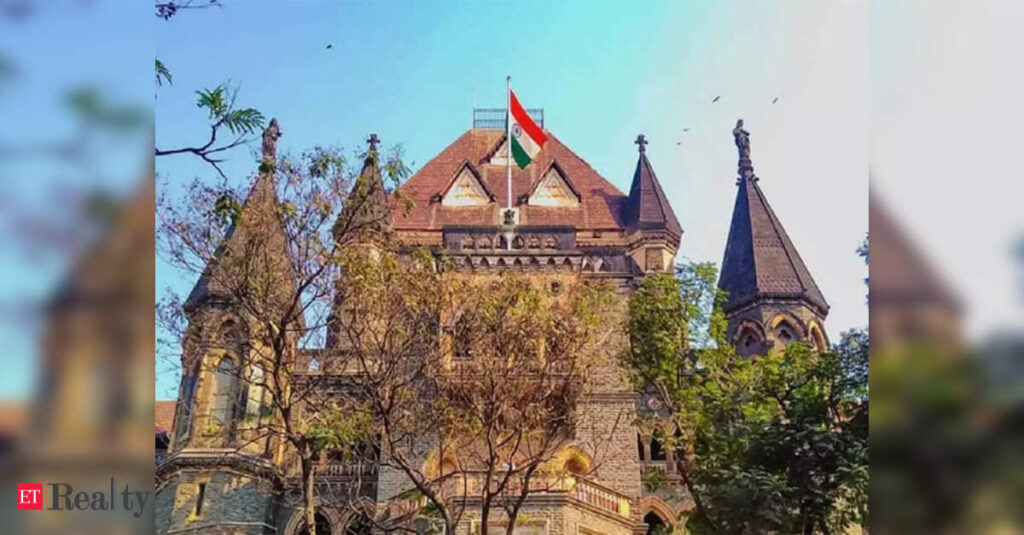For the vast number of Indian professionals and entrepreneurs who call the United Arab Emirates their second home, understanding international tax obligations is paramount. A common question arises: Is there a DTAA between India and the UAE? The answer is a resounding yes. The DTAA, also called the Double Taxation Avoidance Agreement, between India and the UAE, in effect since 1993, is one of the most significant tax treaties for Indian expatriates. It provides a clear framework to prevent double taxation and, due to the UAE’s unique domestic tax laws, it offers remarkable benefits, especially concerning salary income.
DTAA Between India and UAE – A Quick Info
This crucial agreement clarifies tax jurisdiction for individuals and businesses operating between the two nations, providing stability and significant advantages.
| Attribute | Details |
|---|---|
| Full Form | Double Taxation Avoidance Agreement |
| Countries | The Republic of India and the United Arab Emirates |
| Effective Since | September 22, 1993 |
| Income Types Covered | Salary, Business Profits, Capital Gains, Dividends, Interest, Royalties. |
| Key Forms | Tax Residency Certificate (TRC), Form 10F |
| Tax Relief Method | Credit Method and Source-Based Exemption |
| Governing Bodies | Central Board of Direct Taxes (CBDT) in India, Ministry of Finance in the UAE |
Objective of the DTAA Between India and the UAE
The primary objective of the DTAA agreement between India and the UAE is to foster greater economic ties by creating a simple and attractive tax environment. By preventing the same income from being taxed twice, the treaty encourages the seamless movement of skilled professionals, capital, and technology between the nations. It provides the confidence and clarity needed for individuals and businesses to thrive in a cross-border ecosystem, while also including provisions to prevent tax evasion.
Unbeatable Price 5-Star Rated Partner! 2200+ Shades! Top Quality Paint Free Cancellation!

Get a rental agreement with doorstep delivery

Find the BEST deals and get unbelievable DISCOUNTS directly from builders!

5-Star rated painters, premium paints and services at the BEST PRICES!
Key Features of India-UAE DTAA
The agreement is built on several foundational principles that are essential for anyone with financial interests in both countries to understand.
Scope of the Agreement
- The treaty applies to individuals and companies who are residents of India or the UAE and covers all central taxes on income and capital.
- In India, this includes income tax and any applicable surcharges. In the UAE, while there is currently no federal personal income tax, the agreement covers income and corporate taxes as they exist or may be introduced in the future.
Who Can Claim DTAA Benefits?
- To be eligible for the benefits of the treaty, an individual or entity must be a “resident” of one of the two countries. For an individual to be considered a resident of the UAE for treaty purposes, they must be present in the UAE for at least 183 days in a calendar year.
- Proving this residency status with a Tax Residency Certificate (TRC) issued by the UAE authorities is the key to unlocking the treaty’s advantages.
What are the Tax Relief Methods Used in India-UAE DTAA?
- The India-UAE treaty eliminates double taxation primarily in two ways.
- For income that can be taxed in both countries (like interest or dividends), India uses the credit method, allowing a deduction for taxes paid in the UAE.
- For certain incomes like salary earned by a UAE resident, the treaty provides a source-based exemption, meaning only one country has the right to tax it, leading to significant tax savings.
- Understanding these fundamentals is a core part of grasping the overall Income tax rules for NRIs.
DTAA Rates Between India and the UAE
The treaty sets maximum tax rates that the source country can charge on specific cross-border payments. The DTAA rates between India and the UAE are as follows:
| Income Type | DTAA Tax Rate (in Source Country) | Article Reference |
|---|---|---|
| Dividends | 10% | Article 10 |
| Interest | 5% (on bank loans) or 12.5% (other cases) | Article 11 |
| Royalties | 10% | Article 12 |
The Main Attraction: How Salary Income is Taxed (Article 15)?
The most significant benefit of the DTAA between India and the UAE salary income provision is a major draw for Indian expatriates. Here is a simple breakdown:
- The UAE’s Domestic Law: The UAE currently does not impose any personal income tax on the salary earned by individuals.
- The DTAA Provision (Article 15): The treaty states that salaries, wages, and similar remuneration are taxable only in the country where the individual is a resident, unless the employment is exercised in the other country.
When these two points are combined, it creates a unique advantage. An Indian national who becomes a UAE tax resident (by staying over 183 days) pays zero tax on their UAE salary, as the UAE doesn’t tax income, and India can’t tax it under the DTAA.
A Major Benefit for Investors: Capital Gains (Article 13)
Another powerful feature of the India-UAE treaty relates to capital gains, particularly from the sale of shares in Indian companies. According to Article 13, gains from the sale of shares of an Indian company by a UAE resident are taxable only in the UAE, which can result in zero tax on such profits.
However, gains from the sale of immovable property (like land or a building) are taxed in the country where the property is located. Therefore, if a UAE resident sells a property in India, they will be liable to pay capital gains tax in India. The transaction would also be subject to the rules of TDS on the sale of property by an NRI.
Taxation of Other Income Streams
Business Profits (Article 7)
For businesses, Article 7 of the DTAA between India and the UAE is key. It follows that the profits of a UAE-based enterprise are taxable in India only if the enterprise operates through a ‘Permanent Establishment’ (PE) in India. A PE is a fixed place of business, such as an office, branch, or factory. If there is no PE in India, the business profits of the UAE company are not taxed in India.
Managing Finances and Property from the UAE
For the many Indian expatriates in the UAE who maintain financial ties with India, proper management is crucial. This includes everything from banking to property investments. Many NRIs look to invest their savings back home. Whether you are considering how NRIs can buy property in India or purchasing from another NRI, careful planning is essential.
Before any property transaction, undertaking detailed legal due diligence is essential for NRIs investing in Indian real estate, as it can help avoid future complications. Choosing the right bank account is also a strategic decision. You can learn about the Difference between NRE and NRO accounts to manage your foreign and Indian income efficiently.
How NoBroker Can Help with NRI Services?
For NRIs in the UAE, managing property and other affairs in India can be challenging. NoBroker simplifies this with a wide range of Exclusive services for NRI property owners. We offer end-to-end property management, assistance with rental agreements, help with legal documentation for property transactions, and much more. Our platform is designed to give you complete peace of mind, ensuring your assets in India are managed professionally and efficiently.
Know More How DTAA Works in India with Different Countries:
Frequently Asked Questions
Ans: Yes, if you are a tax resident of the UAE (staying over 183 days), your salary earned in the UAE for employment there is not taxable in India as per the DTAA.
Ans: You need to obtain a Tax Residency Certificate (TRC) from the Ministry of Finance in the UAE. This certificate is the official proof of your residency status.
Ans: No. As per the DTAA, capital gains from the sale of shares of an Indian company by a UAE resident are taxable only in the UAE, which currently does not levy this tax.
Ans: Rental income from an immovable property in India is taxed in India, regardless of your residency status. You will need to file an income tax return in India for this.
Ans: Yes, the agreement applies to the entire territory of the United Arab Emirates, covering all its emirates, including Dubai, Abu Dhabi, Sharjah, etc.
Loved what you read? Share it with others!
 Jessica,Author
Jessica,Author
Jessica loves to read about everything and is currently deeply interested in real estate. She has 5 years of intense research experience and can bring before you well-informed articles. Jessica enjoys writing and this is seen in her work.
Source link



